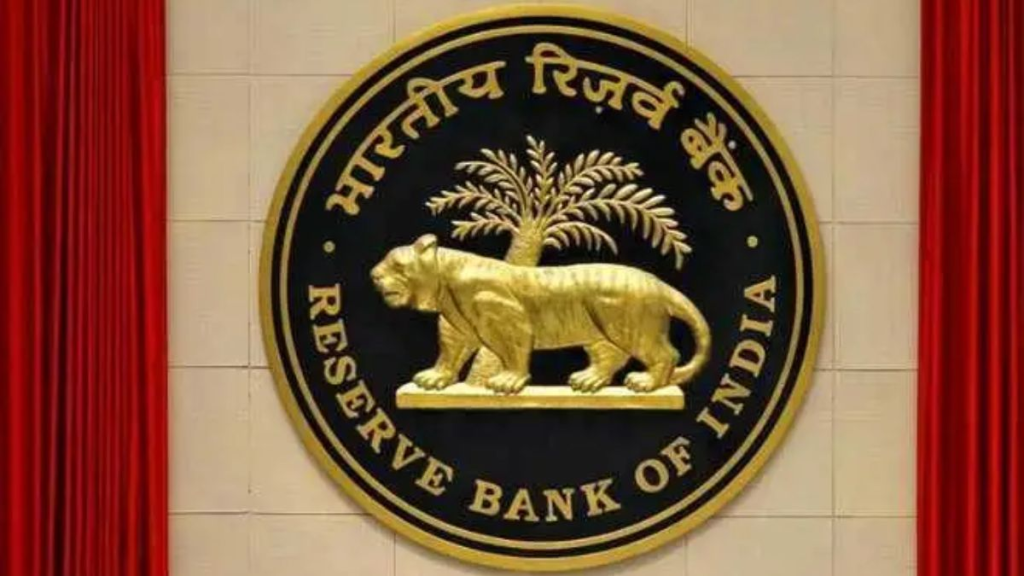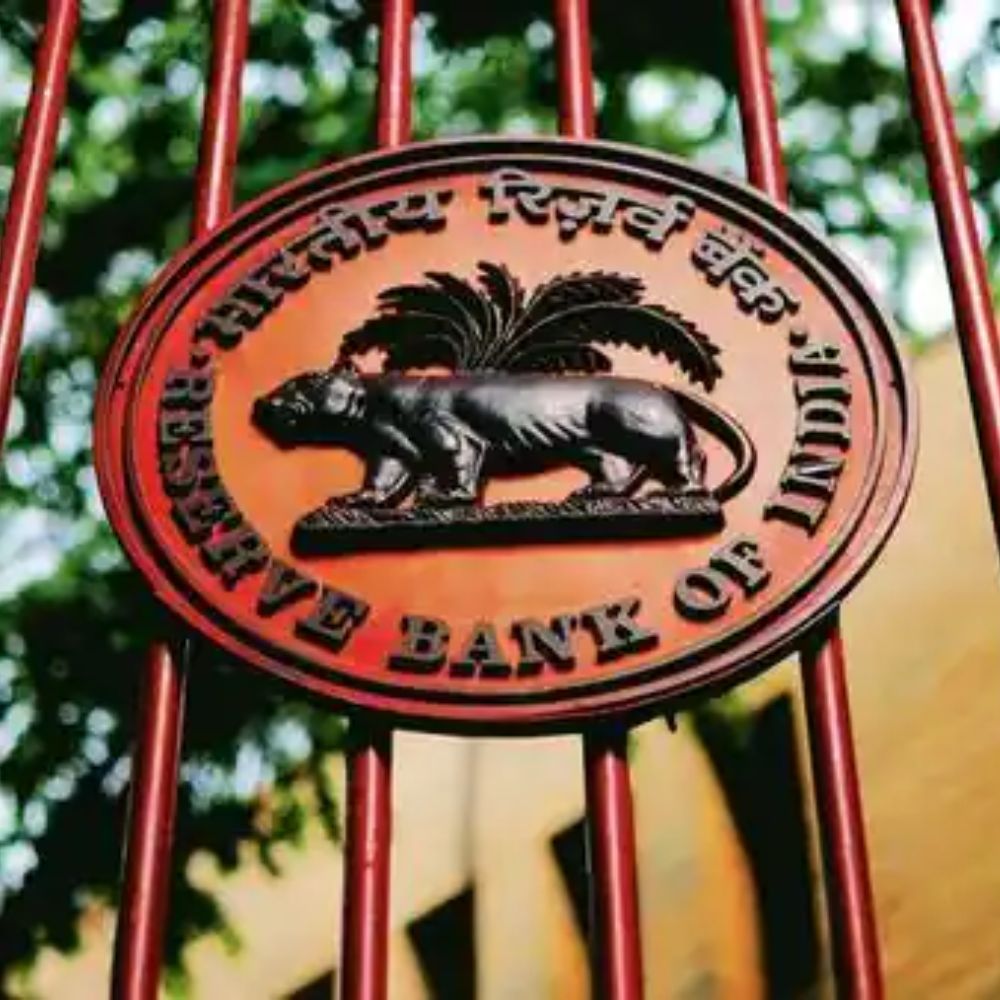The Reserve Bank of India (RBI) has outlined its plans to strengthen the regulations governing non-banking financial companies (NBFCs) during the fiscal year 2023-24, with a particular emphasis on examining licensing requirements. This announcement comes as a continuation of the RBI’s ongoing efforts to tighten the scrutiny of NBFC regulations, a process that gained momentum following the high-profile collapses of IL&FS and DHFL.

The RBI’s annual report highlights the central bank’s commitment to enhancing the oversight and supervision of NBFCs. In the upcoming fiscal year, the Reserve Bank of India Department of Supervision will take the lead in scrutinising the licensing requirements for NBFCs and initiating supervisory action against non-compliant entities. This move signifies the RBI’s dedication to promoting a robust regulatory framework for NBFCs, aimed at ensuring their financial stability and protecting the interests of investors and customers.
NBFCs play a vital role in the Indian financial system, as they provide a wide range of financial services and products to individuals and businesses. These companies, however, differ from traditional banks as they are not authorised to accept demand deposits. Instead, NBFCs raise funds through various means, including borrowing from commercial banks. This connection between NBFCs and banks underscores the need for effective regulations to ensure the soundness of the financial system as a whole.
The intensified scrutiny of NBFC regulations by the RBI follows instances of financial irregularities and defaults within the sector, which had significant repercussions on the overall stability of the financial markets. The collapse of IL&FS, a major infrastructure development and finance company, and DHFL, a prominent housing finance company, raised concerns about the adequacy of regulatory oversight and risk management practices within the NBFC sector.
In response to these challenges, the RBI has been gradually tightening its regulatory grip on NBFCs, aiming to address vulnerabilities and mitigate potential risks. The examination of licensing requirements for NBFCs in the upcoming fiscal year reflects the RBI’s commitment to ensuring that only well-capitalised and financially sound entities are allowed to operate in the sector. By evaluating licensing criteria more rigorously, the RBI seeks to enhance the quality and credibility of NBFCs and bolster the resilience of the financial system.
Moreover, the RBI’s focus on initiating supervisory action against non-compliant NBFCs demonstrates its intent to enforce adherence to regulatory guidelines and promote responsible financial practices. This proactive approach aims to identify and rectify potential weaknesses or malpractices within the NBFC sector before they can pose a systemic threat.
Overall, the RBI’s commitment to strengthening NBFC regulations underscores its resolve to foster a robust and stable financial system in India. By tightening scrutiny, examining licensing requirements, and taking supervisory action, the RBI aims to enhance the resilience, transparency, and accountability of NBFCs, ultimately fostering trust and confidence among investors, customers, and the broader financial market participants.















